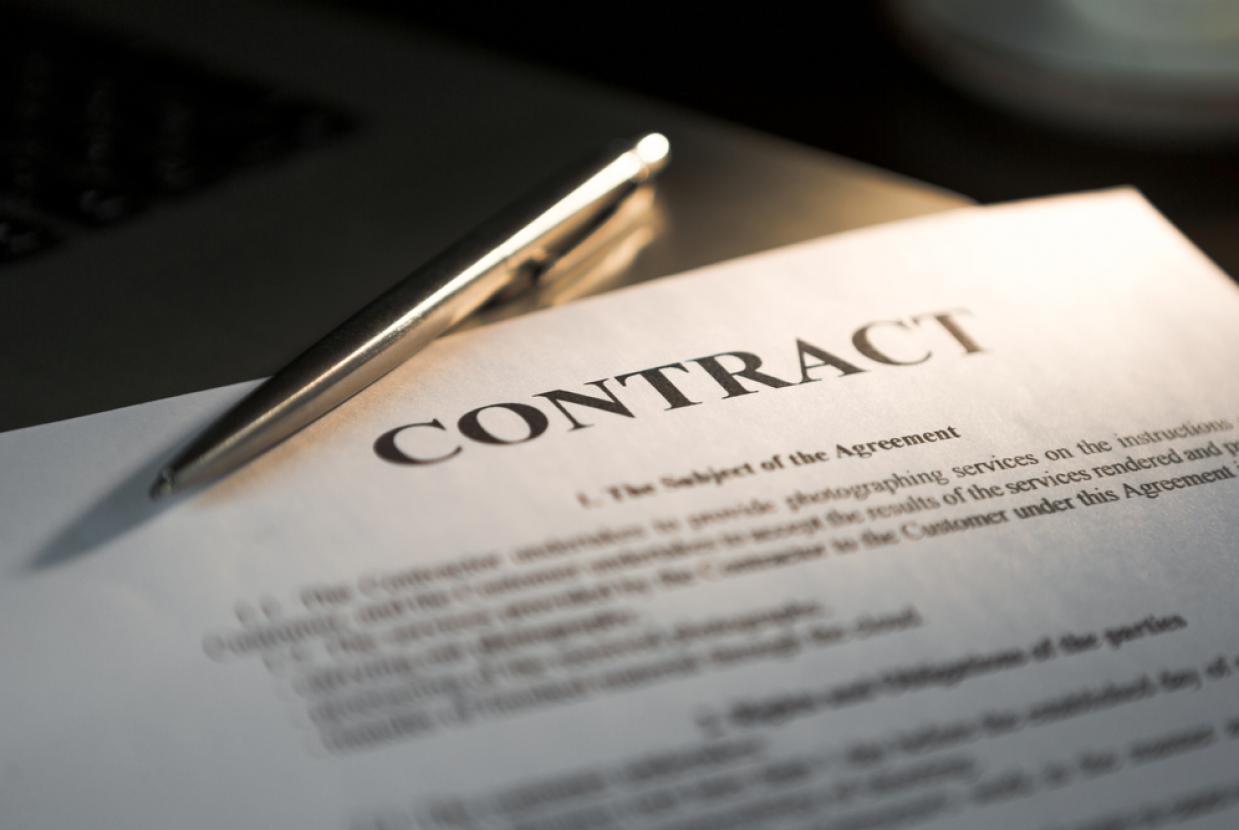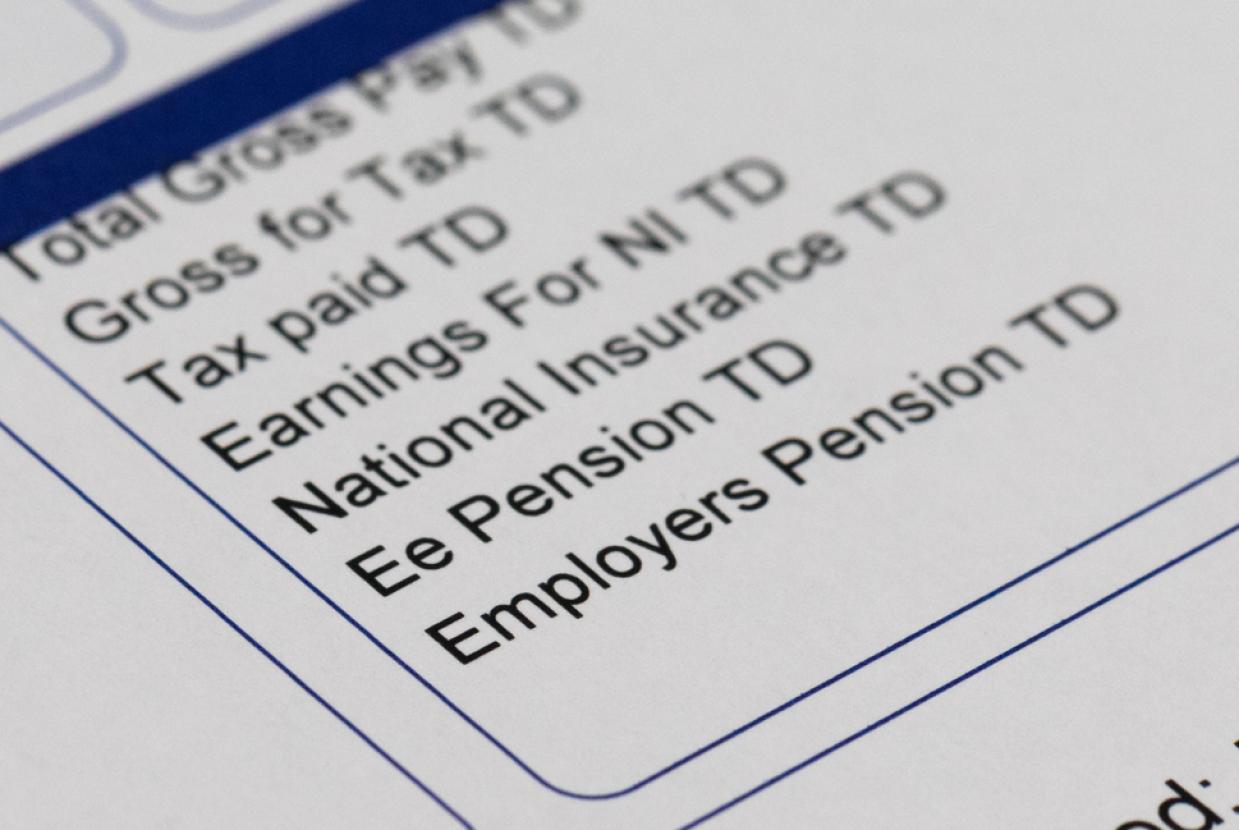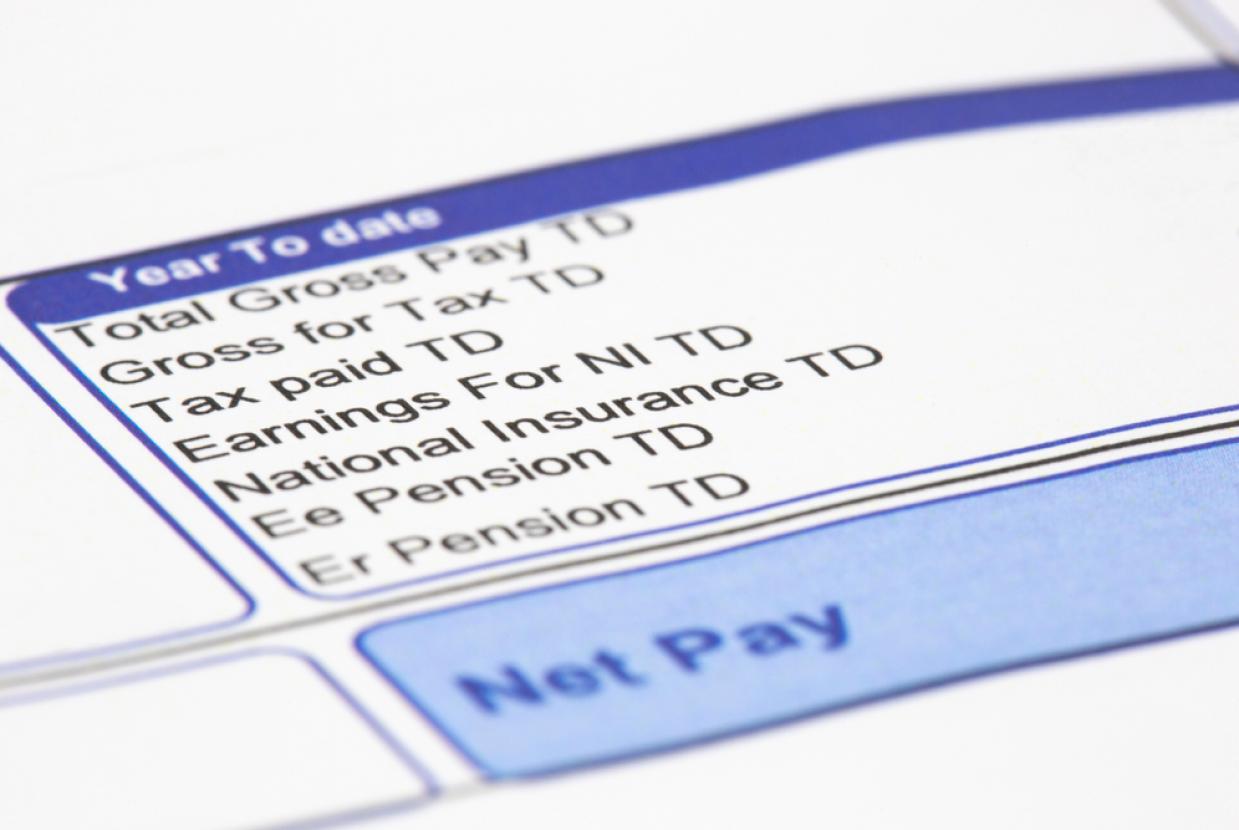Rising Energy Bills: What To Do
Financial HealthEnergy regulator Ofgem raised its energy price cap to £1,277 on October 1 (except in Northern Ireland), which means your energy bill could rise by an average of £139 a year or £153 if you’re on a pre-payment meter. Find out how this might affect your gas and electricity bill and what you can do to help keep your energy costs down.
Why are energy prices rising?
The price rise has been caused by an increase in wholesale gas prices (the amount that energy firms pay), which have seen a steep rise since Ofgem last updated the price cap in December 2020. Gas prices have hit a record high as the world emerges from lockdown at the same time as other economic factors having an impact.
This means that changes in wholesale prices are passed on to households through rising energy bills. The energy price cap only affects you if you live in England, Wales or Scotland.
In Northern Ireland, energy prices are governed by the Utility Regulator. You can find out more about the help available with paying your energy bills on the Consumer Council website.
What happens if my energy supplier goes bust?
If your energy supplier has stopped trading, it’s important to sit tight, don’t switch and wait until your new provider contacts you. Your new supplier will be chosen by Ofgem, which can take several weeks.
If you’re already in the process of switching, your switch will still go through. Make sure you take a meter reading so that you’re ready for when your new supplier contacts you.
It’s also worth keeping old energy bills and waiting until your new supplier is appointed before cancelling any direct debits.
Will my energy bill go up?
If you’re on a default or standard variable tariff you’re likely to see your bill rise by an average of £139 a year and £153 if you’re on a pre-payment meter. If you're on a fixed deal your bills won't go up until the fixed deal ends.
Can I get a cheaper deal?
It’s worth calling your current supplier to ask for a better deal. For example, find out if you can opt for paperless billings or move to a cheaper tariff. These simple steps might lead to big savings.
Ordinarily, a fixed rate tariff can be good for the below reasons. But now, with energy prices so high, there are no cheap fixed deals available for new customers. This means it’ll probably be cheaper for you to stay on the standard variable rate because prices for the average customer will be capped to £1,277 per year (£1,309 if you're on a prepayment meter).
If you're already on a fixed rate deal, you will automatically be moved onto the standard variable rate when your deal comes to an end.
Below are some of the reasons why a fixed rate tariff can be good:
- you know how much you can expect to pay over the time period the tariff lasts (for example, two years) so it will help you with household budgeting. Getting a fixed tariff doesn’t mean your energy bills will stay the same, regardless of how much energy you use. You’ll pay the same rate per unit. But if you use more units, your bill will be higher.
- it will protect you if prices rise again during the term of your fixed deal.
- in the unlikely event that prices go down you can usually leave the tariff for a small exit fee (sometimes even for free) and switch to a cheaper deal.
If you're on a standard variable tariff, you can also use comparison sites to see if you can get a cheaper deal elsewhere. Switching energy providers might seem like a hassle but it's simple to change supplier and save money.
Struggling to pay your bill? Contact your energy supplier
Falling behind on your energy bills can be extremely stressful. If you’re struggling to make your next bill payments or to find money to top up your meter, contact your energy supplier as soon as possible.
Your supplier must help you come up with a solution and come up with a payment plan that works for you both. There’s extra support available if you’re vulnerable. For example, if you have health needs, a disability, are pregnant, have small children or have reached state pension age.
Your supplier can also tell you about grants and charities that might be able to support you as well. For more information & who to contact regarding rising prices, click here.







































